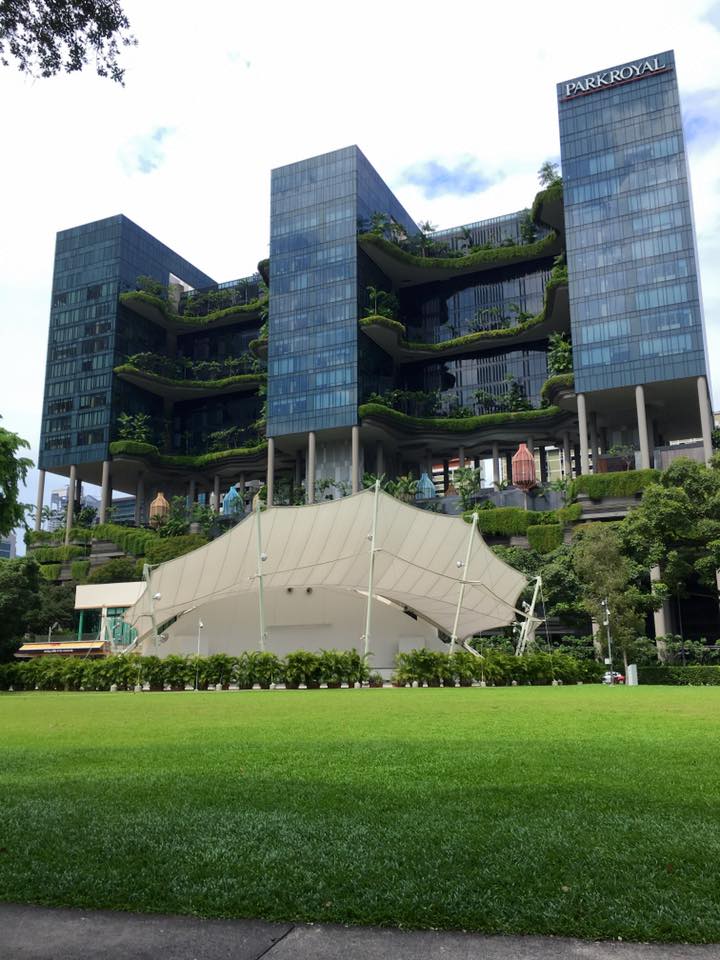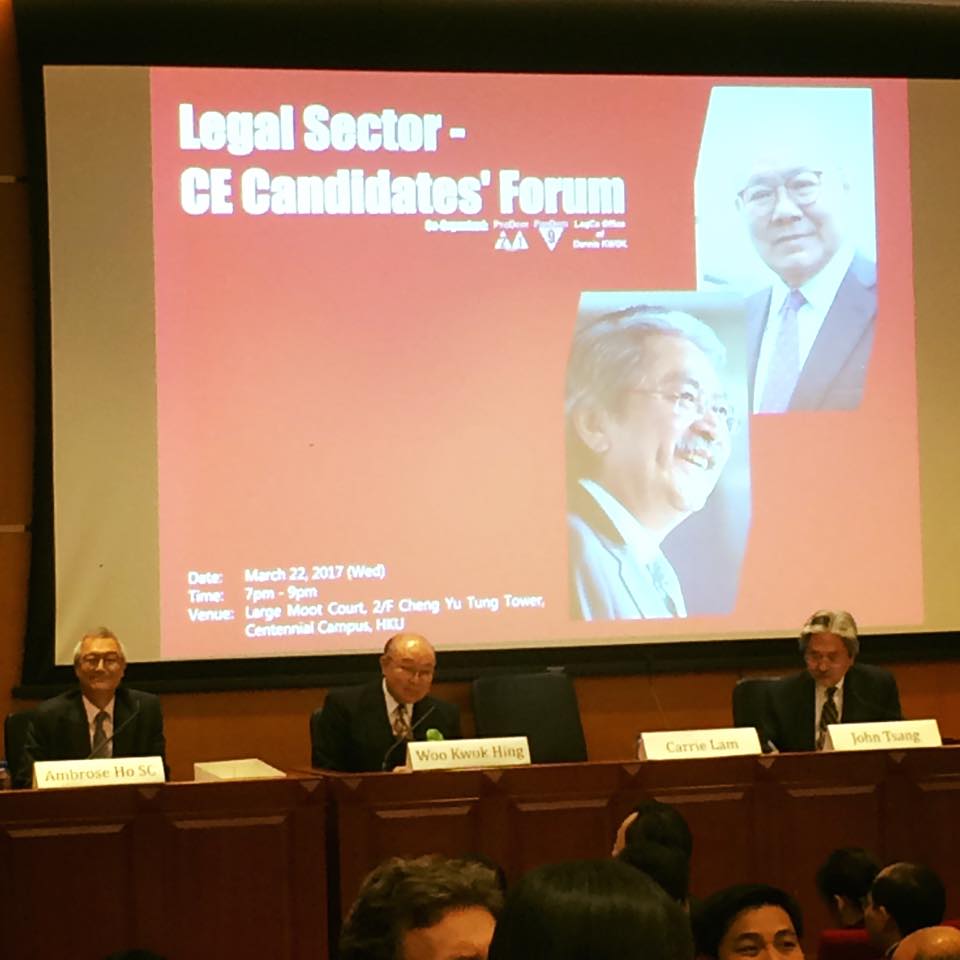My dissertation studies the politics of the legal profession in political regime change from and to authoritarianism. To theorize the dynamics between the legal profession and power in democratization and political retrocession, I ask two questions: What is the role of the legal professions in the advancement and retreat of authoritarianism? What is the driving factor, the mechanisms and the consequences of the legal professions’ political mobilization? This project uses Taiwan and Hong Kong at the turn of the 21st century as two cases of study. These two jurisdictions invariably experienced fundamental power reconfigurations at the turn of the century, yet their politics drastically diverged in that Taiwan democratized but Hong Kong illiberalized. In both cases, legal professions – lawyers, judges and prosecutors – have stepped into the spotlight in various political arenas, on streets and in legislatures.
I argue: the legal profession is a they, not an it. They are driven by normative commitments but serve instrumental roles to resist, dismantle, or facilitate authoritarian power in political transition. Specifically, the politically active legal practitioners exhibit two principal roles, on defense and offense, which encompass categorically different goals, strategies, rhetoric and intra- professional dynamics. Shaped by an exogenous political shock, they embody heterogeneous but not necessarily liberal commitments. The divergent political developments in Hong Kong and Taiwan lead to the defensive and assertive mobilization of the bar and bench. When authoritarian rule retreated, as in Taiwan, legal professionals were given the space to take assertive political actions to structure constitutional debates and crusade in a decade-long policy-making to substantiate a variety of normative commitments. Conversely in Hong Kong, when authoritarian rule advanced, the liberal lawyers mobilized to play the defensive roles, safeguarding judicial autonomy in parliament and in professional organizations. Moving onto a transnational perspective, this dissertation also notes how lawyers respond to the expansion of Chinese market. While economic integration moves across borders, jurisdictional boundary still matters as lawyers are agentic actors shaping policies that change or sustain the markets and hence the social structure of the bar.


